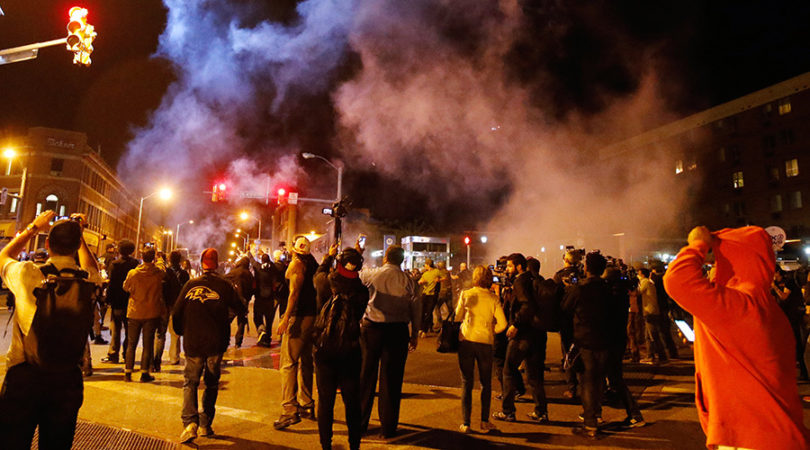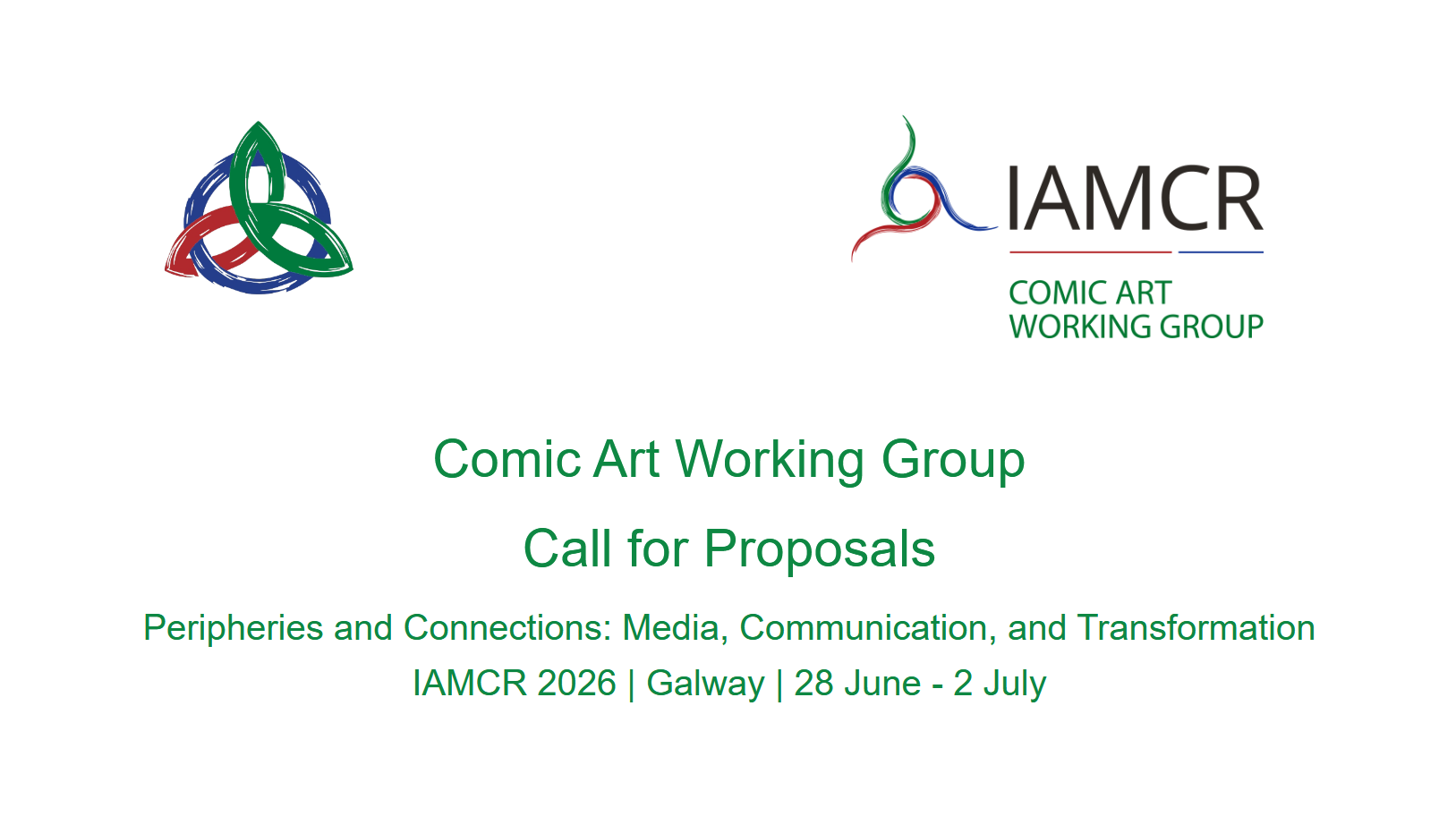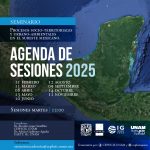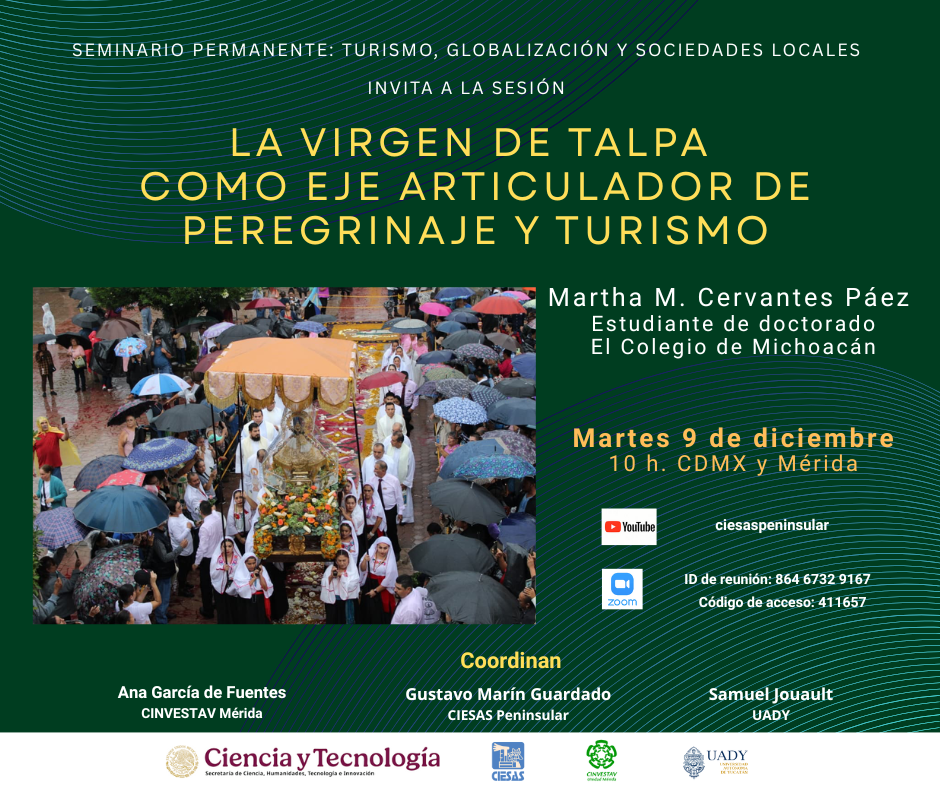Violence in the City. ECPR Standing Group
European Consortium for Political Research
Violence in the City: Actors, Forms and Dynamics of Urban Violence
Abstract
This section addresses violence as an urban phenomenon. It looks into violence that occurs in the city and at the violence that is of the city, thus caused or shaped by it. The section explores forms, actors and dynamics of urban violence. Violence is conceptualised as bodily practice and embodied experience. Urban wars, violent demonstrations, terrorist attacks, domestic violence – contemporary forms of urban violence – nonetheless circumscribe quite different practices and experiences. Additionally, a rising gap between rich and poor manifests itself in urban segregations along class, ethnic or religious lines but also in processes of gentrification and the global rise of (violent) evictions and displacements. Millions of people across the globe are currently forced to leave their homes either because of direct violence or because they can no longer afford to pay rents or mortgages, let alone to access basic services. These and other forms of urban violence and insecurity, so our starting point, are directly embedded in the global political economy, shaped by its fluctuations and crisis.
This section draws attention to the different direct and indirect forms of urban violence, its actors, dynamics and causes. It invites papers that explore the micro-politics of violence: motives, tactics and strategies that inform urban actors of violence. We also invite papers that look into macro-politics: how global structures cause and inform urban violence and with which effects. Empirical papers, with case-studies or in comparative perspectives, and conceptual and theoretical papers on violence in the city are welcome.
Panel 1: Actors of Urban Violence
Chair: Miriam Müller-Rensch (University of Erfurt)
Who are the actors of violence in the city? This panel seeks to explore different types of violent actors and from this, understand the how and why of urban violence and to discuss its effects. The panel further invites explorations of how violence and its actors are shaped by characteristics of the urban and by its spatial qualities, among it the density and often linearity of housing, its architecture, its speed and increased mobility or the complexity of urban infrastructures etc. As urban violence is often concentrated in particular places or occurs at particular times, we also invite papers that explore the relations between violence and time, looking into the city’s rhythms (circadian rhythms, economic conjunctures, information flows) and how they relate to violence.
In short, we invite papers that address actors of violence and how they locate themselves in the city, move through and make use of urban space.
Panel 2: Resistance to Capitalism in the City: Urban Social Movements
Chair: Stephan Malthaner (Hamburger Institute fuer Sozialforschung)
We invite papers that use the perspective of the city to examine forms of political violence that claim to resist societal/political wrongs. It takes its cue from urban protests such as the G20-protests in Hamburg, the anti-austerity protest across (Southern-)European cities, the Occupy-movement against inequality, and demands for radical social change in places such as Kairo or Kiev. The panel aims to discuss various forms of urban resistance movements in a global perspective and is focused on the use of violence during these protests but also the structural violence these movements identify and work against. We invite case studies and comparative case studies that situate urban resistance movements within broader global political and economic dynamics.
Panel 3: Gendered Dynamics of Violence in the City
Chair: Alex Veit (University of Bremen)
Gendered dynamics inform the way, men, women, queer or transgender people navigate their ways in the city, how they access (or not) particular city places, and the forms of violence they experience (or themselves practice) while doing so. Gender is an intrinsic part of everyday struggles for security in the city: Men often control women’s access to the city evoking their power invested in patriarchal ideas. The home can thereby become the most unsafe place for women. However, gendered dynamics also affect men, as the high rate of male homicides and low life expectancy of for example male gang members indicate. This panel asks for papers that address these entanglements of gender, the city, and violence/insecurity in particular or comparative case studies, as well as papers that address how these entanglements are rooted in wider relations of power.
Panel 4: Urban Industries and Political Violence
Chair: Kirsti Stuvøy (Norwegian University of Life Sciences)
This panel addresses questions of industrial development in cities in their relation to political violence. De-industrialisation affects cities worldwide, famous among them the “rust-belt” in the USA, the Ruhr area in Germany, former UK coal mining cities, cities in the African copper belt or many cities of the former Soviet Union. In many states, famously BRICS states, so-called mono-industrial cities, dependent on one particular industry, are becoming increasingly relevant. Beyond the dynamics of industrialisation and de-industrialisation, a large number of industries are built and conducted informally, are more fluid and rely on make-shift solutions pertaining to both social and physical infrastructures. This panel is interested in the violent effects of these different types of industrialisation/de-industrialisation, among it the production of winners and losers from these economies, as well as papers that look into how the global political economy inform these developments.
Panel 5: Urban Government and Policing
Chair: Jutta Bakonyi (Durham University)
This section is interested in the government of cities. It looks into how state and non-state actors are involved in the production of order and the implicit and explicit violence the arrangements of urban government entail. While we also invite papers that explore either single actors of urban government (such as police/military, paramilitaries, or urban gangs) we are particularly interested in how these different actors relate to each other. Shifting from the actors to the actions, we also invite papers that look into (old and new) technologies of urban government, shedding light on for example the ways cities are governed through the erection of physical or the use of mobile boundaries, the way city architecture is used to govern or expresses particular form of governments, and the way city governments deal with situation of crisis.
You can submit paper proposals specifically for one of the existing panels or for the section as a whole. As additional panels can be created, the section is open to submissions on relevant topics and current debates beyond those covered by the panels listed in the section. Papers can be submitted via the ECPR homepage: https://ecpr.eu/Events/EventDetails.aspx?EventID=123
Deadline for Panel and Paper proposals: 18 feb 2019
Dynamics of Political Violence
Abstract
This section explores the complex and multi-level dynamics of political violence. It welcomes papers that analyse various phases of violent conflicts from onset and perseverance to decline, consequences and legacies. The papers can also analyse e.g. spatial and temporal dynamics of political violence, individual and collective process of radicalisation and de-radicalisation, the relationship between violent and non-violent tactics, as well as interaction between violent groups and other actors (including broader movements and milieus, the political system, security authorities, the media and political opponents). Particularly welcome are papers that draw from theories in the field of sociology and political science which aim at fostering the theoretical foundations of studies on political violence.
Proposed panels:
1. Processes of political violence and the dynamics of situational interaction
Chair: Stefan Malthaner (Hamburger Institut für Sozialforschung, Hamburg)
Co-chair: Lorenzo Bosi (Scuola Normale Superiore, Florence)
This panel explores processes of political violence with a particular focus on how dynamics of situational interaction contribute to the escalation of violence – and/or shape particular forms and trajectories of violence – in confrontational encounters. It invites contributions on different phenomena of political violence, ranging from protest events or riots to more organized and premeditated forms of political violence such as “terrorist” attacks. Situational dynamics, thereby, are to be understood in a broad sense, including micro-interactions as well as spatial dynamics or interpretative and communicative processes. Of particular interest is how the dynamics of situational encounters are intertwined with broader processes of political violence.
2. The Where of Radicalization: Investigating the role of Space and Neighborhood Effects in Radicalization
Chair: Lasse Lindekilde (Aarhus University)
An under-researched question within studies of political violence and radicalization is the uneven geographical spread, and often concentration, of problems of radicalization and violent extremism across cities and neighborhoods. Why do radical milieus supportive of violent extremism develop and sustain in some neighborhoods rather than others that are more socio-demographically alike? Why is e.g. Molenbeek known for its challenges with radicalization and not one of several other Brussels suburbs that are very alike? The panel welcomes papers that address the ‘where’ of radicalization either by identifying factors at neighborhood level (such as social control, social trust, disorganization etc.) which may explain the development and consolidation of radical milieus in some areas rather than others, or papers that deal more broadly with how certain physical places (gyms, prisons, places of worship, online fora etc.) play into radicalization.
3. Understanding and preventing radicalisation
Chair: Hilary Pilkington (University of Manchester)
This panel will consider shifts in research, policy and practice agendas towards a societal approach to understanding and preventing radicalisation. The panel will examine the role of interaction, context, agency and practice in radicalisation as well as the centrality of the identification and promotion of trajectories of ‘non-radicalisation’ in the context of a societal approach to understanding radicalisation. Papers will cover the evidence to date on what drives radicalisation; specific radicalisation milieus; and whole-society approaches to countering radicalisation in policy and practice.
4. Foreign Terrorist Fighters in Syria and Iraq: A Post-mortem
Chair: Lorne Dawson (University of Waterloo)
An unprecedented number of people travelled to Syria and Iraq to fight for ISIS and other jihadist groups, giving rise to a daunting array of reports, articles, and books. With the demise of ISIS and the winding down of the civil wars in Syria and Iraq, it is time for a post-mortem, to assess better what we now know about who went, why, how, and with what impact, in terms of the insurgencies they joined and terrorist activity worldwide. Papers in this panel will seek to provide a summary view of what we have learned and consider future prospects and lessons learned.
5. Women and violent politics
Chair: Sarah Marsden (Lancaster University)
Co-chair: Leena Malkki (University of Helsinki)
The panel examines the influence women have on political violence, and the impact political contention has on women. It welcomes papers that explore the different roles women play, what influences different forms of participation, and the multiple ways women enable and inhibit political violence. Papers can also consider the biographical, social, and political outcomes that emerge from women’s involvement in contention, and assess what we can learn by taking a historical approach to women’s interaction with violent politics.
6. Vigilantism against Migrants and Minorities
Chair: Tore Bjørgo (University of Oslo)
Co-chair: Miroslav Mareš (Masaryk University)
This panel will present findings from an international comparative study covering 17 countries, analyzing groups that focus their vigilante activities on migrants and minorities that allegedly constitute a crime problem. The vigilante groups typically claim they are doing what the police is either unable or unwilling to do. These groups vary in terms of modus operandi, ranging from vigilante terrorism to paramilitary militias, border patrols and street patrols. Some groups are brutally violent whereas others just display a violent capacity without actually using violence. The panel welcomes papers exploring e.g. under which circumstance vigilantism against migrants and minorities emerge and continue over time, and why and how such vigilante groups fail and disappear.
Deadline for Panel and Paper proposals: 18 feb 2019
Te puede interesar
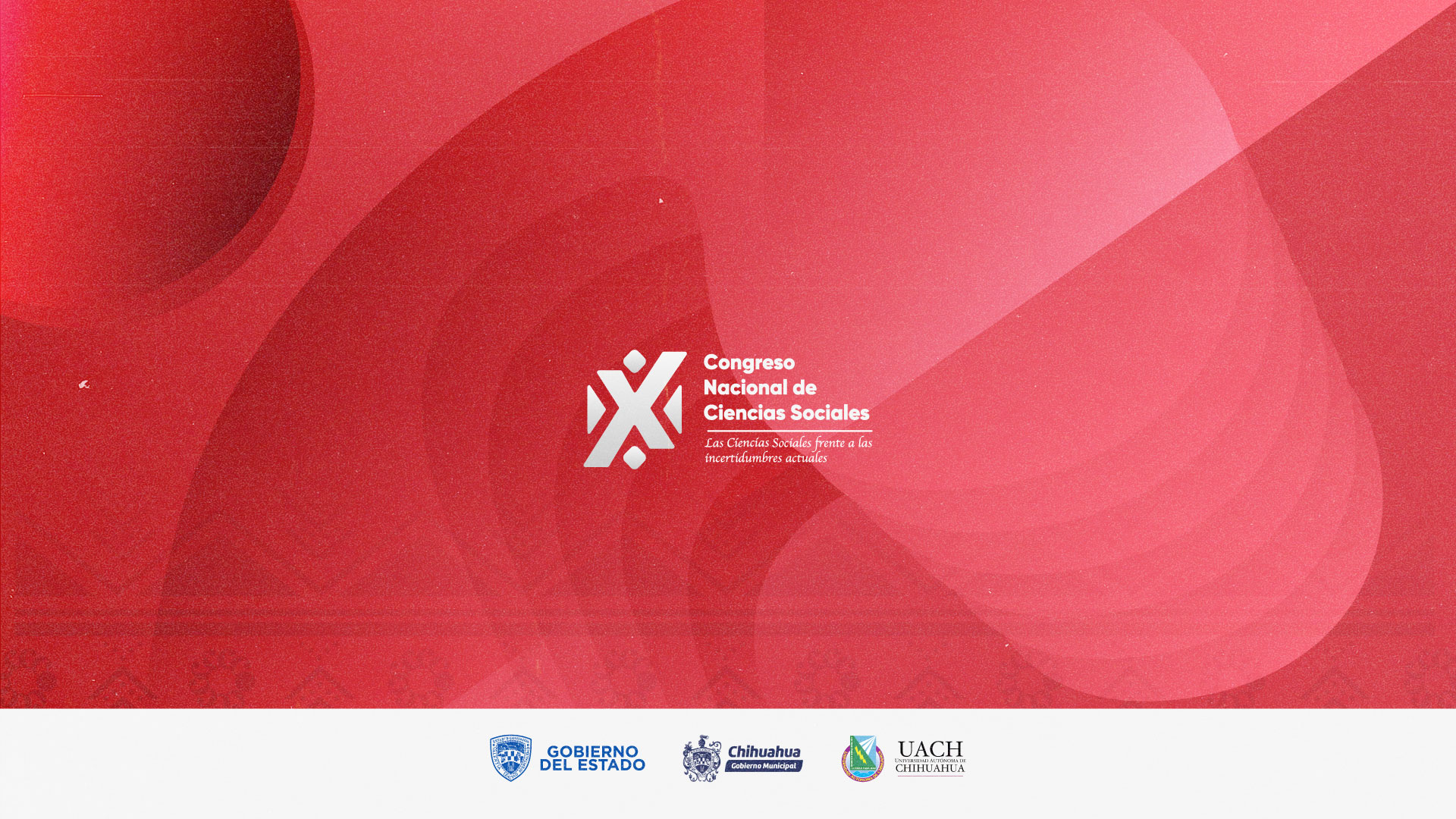
Convocatoria para presentación de libros
Laura Gutiérrez - Dic 10, 2025FERIA DEL LIBRO X CONGRESO NACIONAL DE CIENCIAS SOCIALES “Las Ciencias Sociales frente a las incertidumbres actuales” INVITACIÓN PRESENTACIÓN DE…

Convocatoria Feria del libro
Laura Gutiérrez - Dic 03, 2025FERIA DEL LIBRO X CONGRESO NACIONAL DE CIENCIAS SOCIALES “Las Ciencias Sociales frente a las incertidumbres actuales” INVITACIÓN Información general…

Memorias del IX Congreso Nacional de Ciencias Sociales
Roberto Holguín Carrillo - Jul 02, 2025IX Congreso Nacional de Ciencias Sociales Las ciencias sociales y los retos para la democracia mexicana. Realizado en el Instituto…
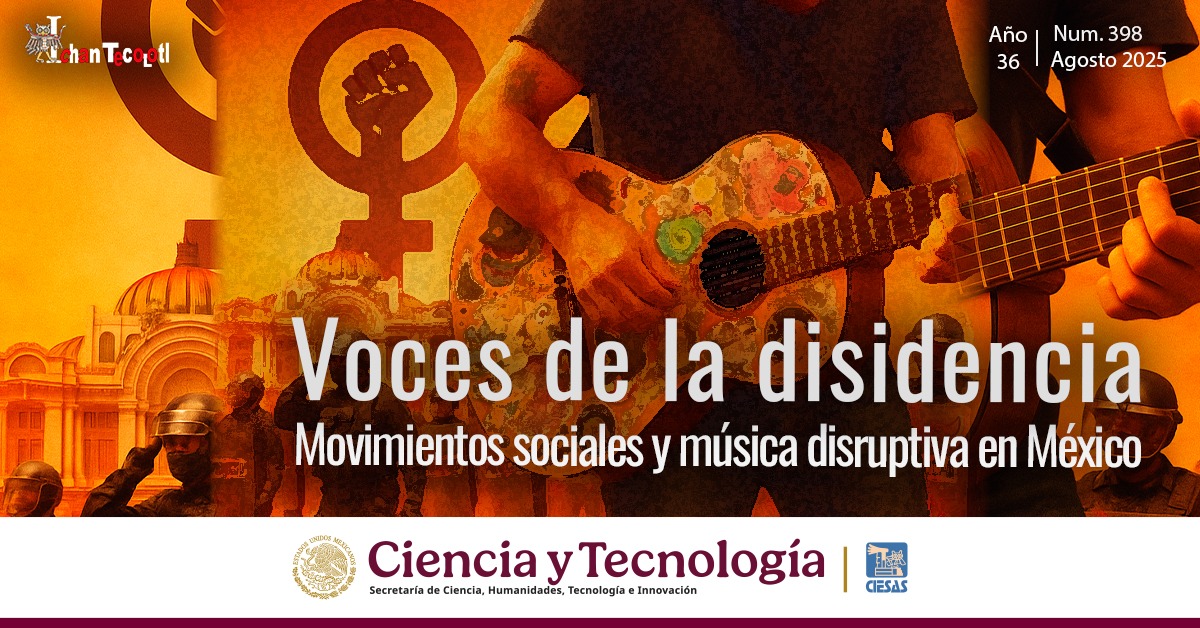
Ichan Tecolotl, núm. 398
Laura Gutiérrez - Dic 10, 2025Ichan Tecolotl Año 36, Número 398 (agosto 2025) Voces de la disidencia. Movimientos sociales y música disruptiva en México Ver…

Curso Introducción al video etnográfico
Laura Gutiérrez - Dic 10, 2025Curso Introducción al video etnográfico 1. Objetivo Familiarizar a estudiantes o profesionales de la antropología y disciplinas afines con herramientas…
